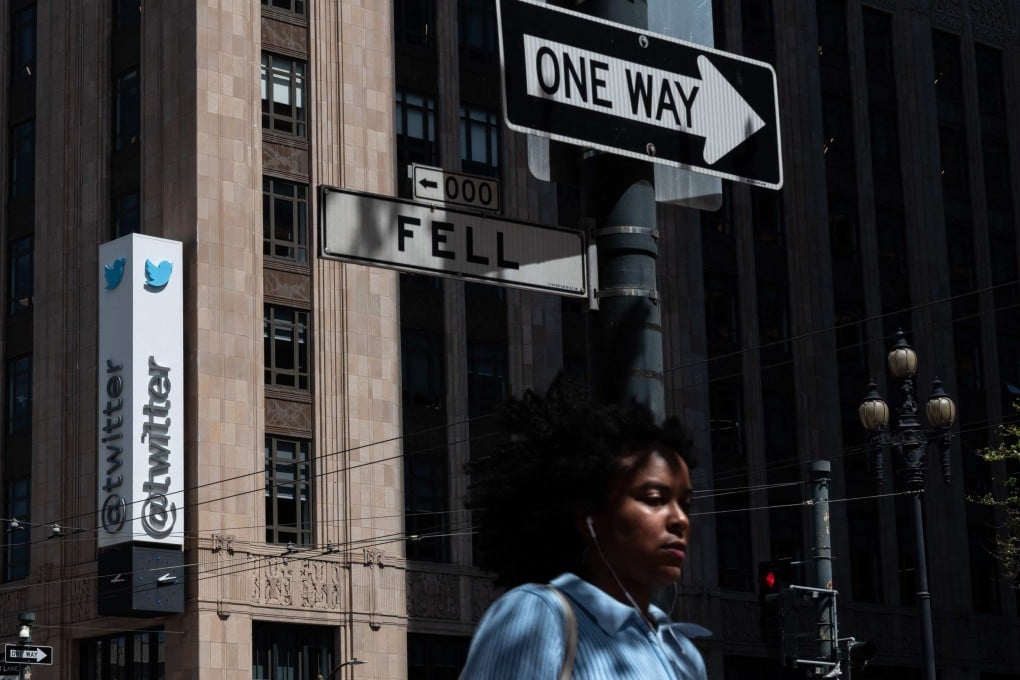Opinion | A Twitter censorship conundrum for Elon Musk, champion of free speech
- Musk’s biggest challenge will be how to deal with governments like Beijing, Moscow, Tehran and Kabul that censor Twitter while using it to push anti-US propaganda
- To truly protect freedom of speech, he may have to block the government-linked accounts of any country that doesn’t respect it

Americans of a certain age will remember the free speech battles of the 1970s and 1980s, when the American Civil Liberties Union was one of free speech’s fiercest protectors and when conservative police forces around the country protected even the most odious groups demonstrating on America’s streets because they were Americans, which gave them the right to be odious at the top of their lungs.
One of the most moving photographs I’ve ever seen was of a black police officer protecting a Ku Klux Klansman from an anti-Klan mob at a KKK rally in the 1980s. (It still moves me today.) Seeing it made it hard not to want to defend free speech myself. I often did.
After moving to Asia in the mid-1990s and getting to know people in countries where governments were less liberal and citizens more circumspect about what they said in public, I often had the chance to defend it, even if it wasn’t hard to understand the allure of moderation.

